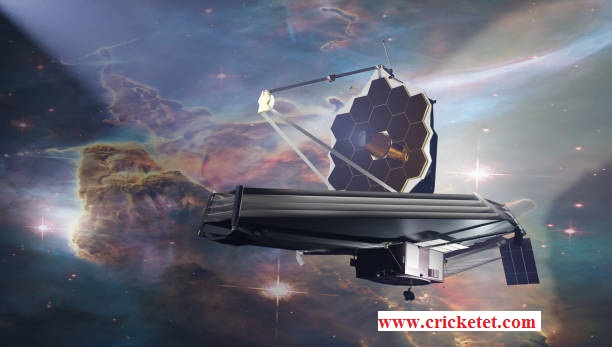Introduction:
So, you have decided that you are interested in space exploration. How do you go about it? Well, if there is one thing we have learned from studying space exploration throughout history is that it is a difficult endeavor. To begin with, it requires a lot of resources and money to bring a mission to life. Further, into the process, you also need people who will put their lives at risk in order to push our civilization further into the unknown galaxy.
When it comes to space exploration, people have certain beliefs and expectations. They think that we should continue to explore space and discover more planets that support life. Others believe that in order to truly understand what other planets are like, we need to send people there first.
The future of space exploration looks like
The future of space exploration looks quite bright. In 2031, NASA's Journey to Mars will launch the first humans to Mars.
In addition to other advancements in space travel, we will see several new technologies that help us explore farther into our solar system, which is a crucial step toward humanity's ultimate goal of finding extraterrestrial life.
We are already seeing the first signs that such a discovery could be possible. For example, scientists recently found evidence of alien life on Mars. This discovery was made through the use of NASA's Curiosity rover and its ChemCam instrument. ChemCam analyzed an area on Mars known as Gale Crater, where it discovered that the surface has many different types of minerals and rocks, including those containing sulfur compounds. These chemicals may have formed naturally or been delivered to the planet by meteorites or comets over time.
The presence of these chemicals indicates that our solar system could contain life beyond Earth; however, more research needs to be done before we can determine whether this is true or not.
It will be exciting to watch how technological advances in space exploration can help us find new planets and perhaps even extraterrestrial life!
The future of space exploration is bright and full of possibilities. Why? Because we are on the verge of a new era in space travel. For decades, humans have been able to explore space via satellite, but now we will be able to go there in our own vehicles.
The world is changing faster than ever before. We’re not just talking about technology here — we’re talking about humanity itself. Human beings have evolved over time, and we are now entering an exciting period in history where many new technologies are being developed that will completely change the way we live our lives.
One such technology is the concept of space tourism. People all over the world have always dreamed about going into space, but until recently it was only possible for governments or large organizations with access to powerful rocket engines. Now, thanks to new technologies such as solar power, electric vehicles, and high-speed railroads, space tourism has become a reality for most people on Earth!
Conclusion:
Ideally, space exploration will continue to help us better understand our home planet, and enable us to better prepare for the future should we one day be in a position to leave Earth. But as long as space exploration is in our hands, it will have the power to make us question ourselves and our knowledge of the universe around us."
Over the next three decades, space exploration will undergo a gradual, but substantial, shift. It is becoming increasingly clear that private companies are going to drive future space exploration, as government funding dwindles. This has created a dynamic marketplace where private companies are competing to produce better and more efficient products—a marketplace that is gradually being dominated by commercial spaceflight.

